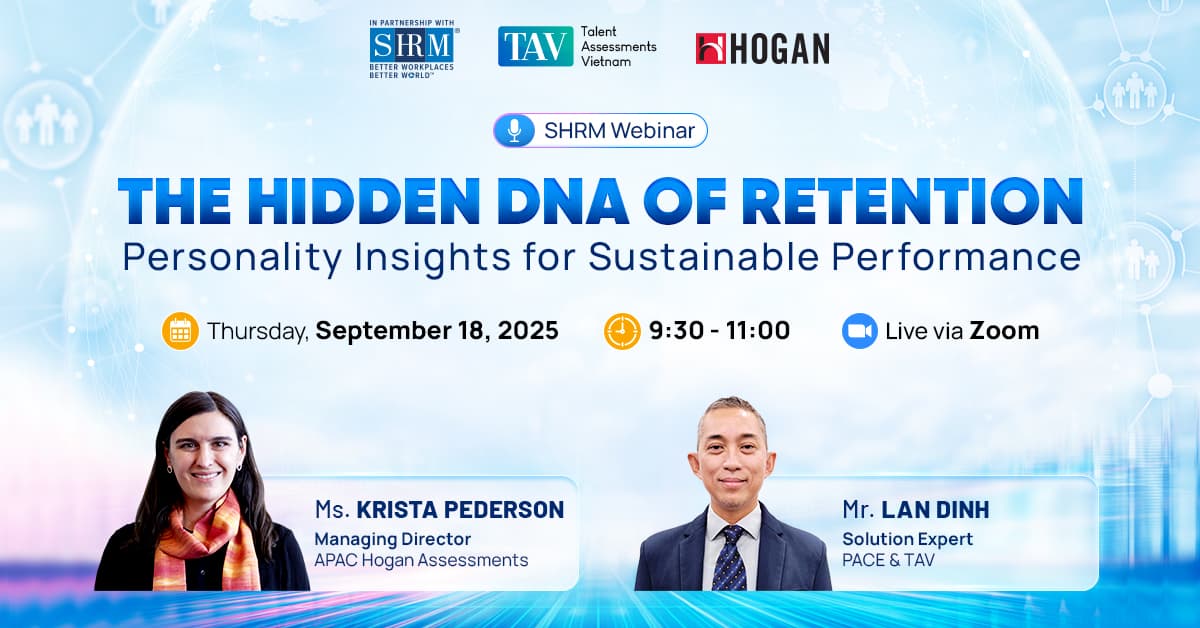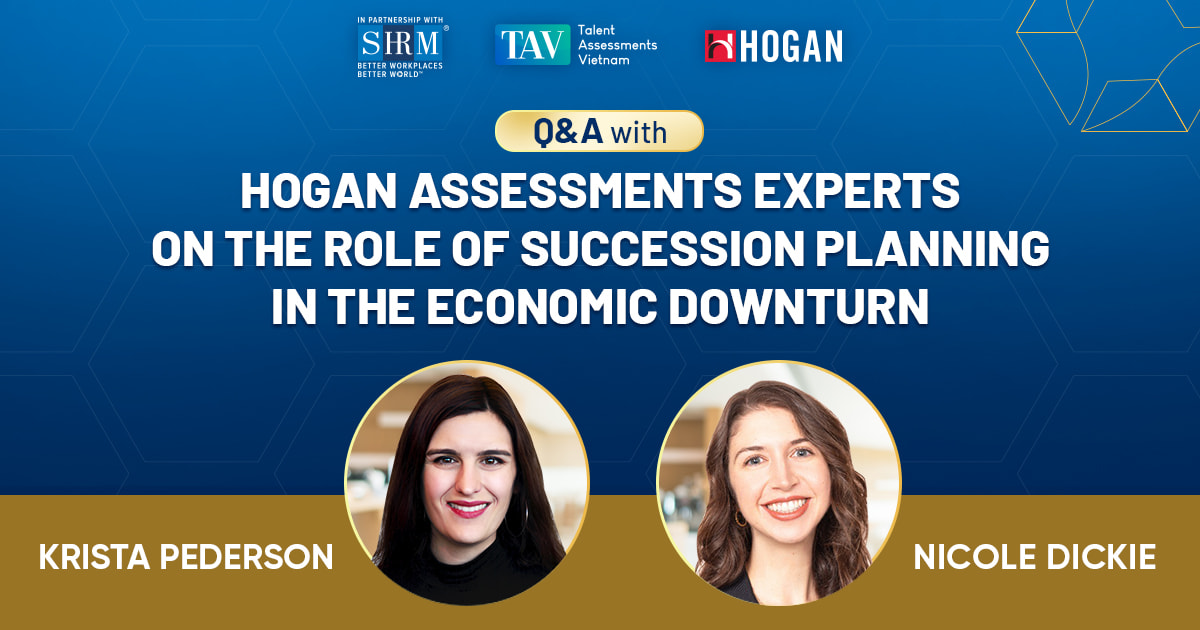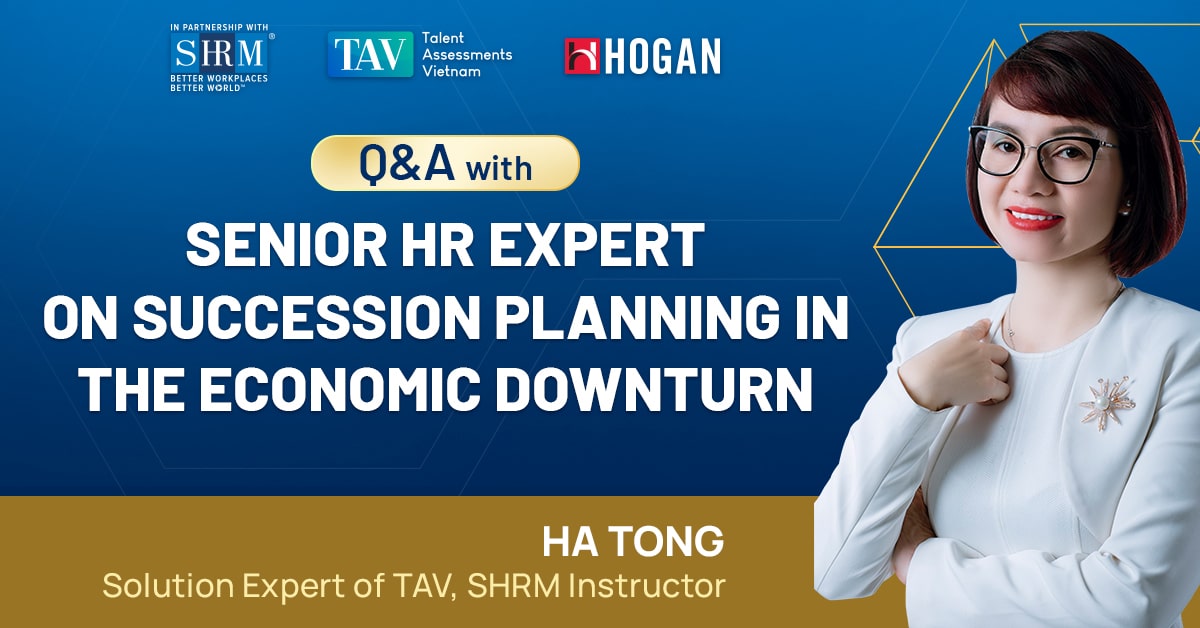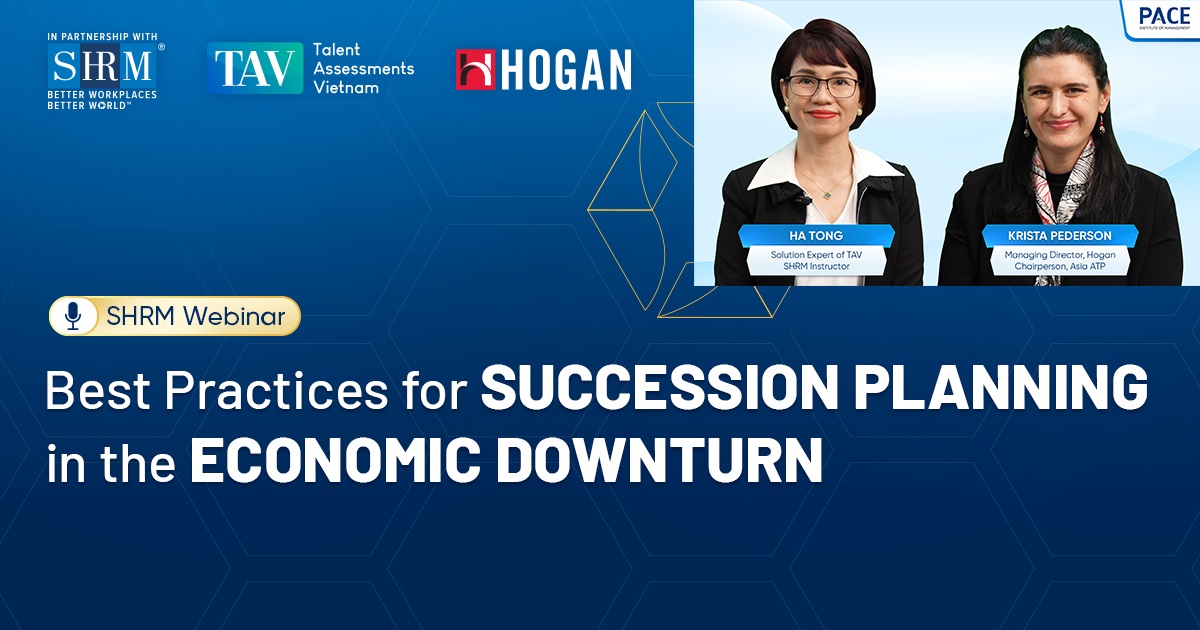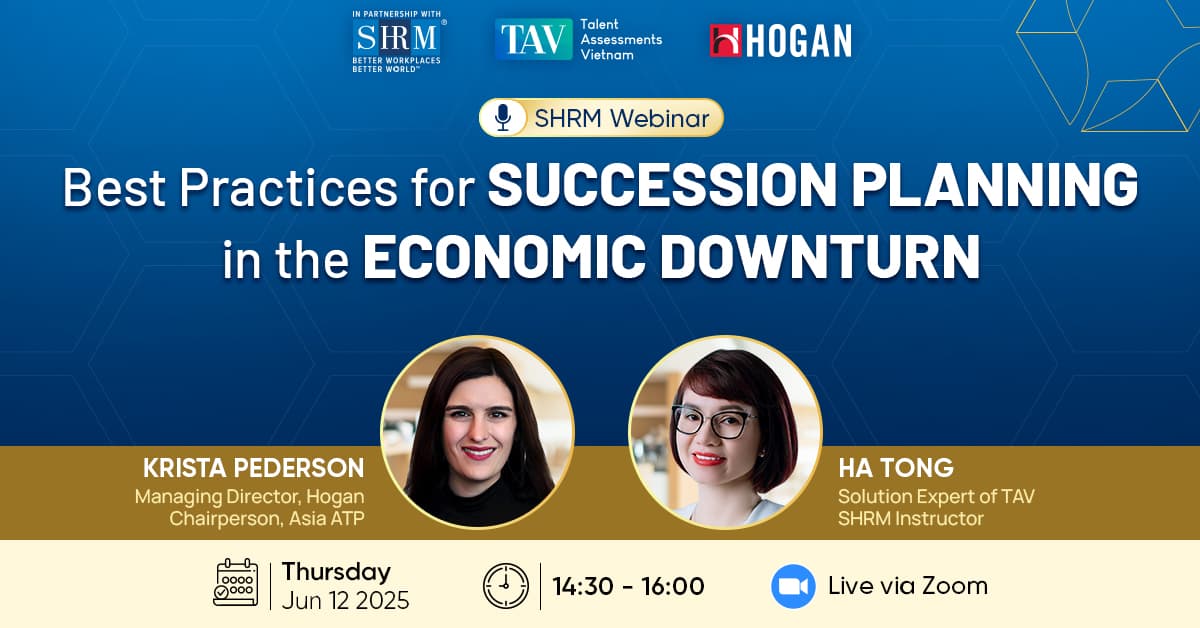4 THINGS HR LEADERS NEED TO DO TO HELP THEIR ORGANIZATIONS THRIVE IN THE FUTURE
Digital transformation is a top priority for CEOs at almost every company. Yet, according to Gartner’s 2018 Future of HR Survey, more than 60% of chief human resource officers (CHROs) worry they’re unprepared to manage coming technological disruptions.

CHROs need a strategic vision to be indispensable in the boardroom
While the core attributes of a good CHRO—critical thinking, creativity, leadership, and communication—have stood the test of time, these CHROs know they will need additional skills to build talent organizations that can move at the pace of today’s business. There are four key skills that CHROS must build to thrive in the future. And the skills may surprise you.
1. Move Fast, Communicate Faster
According to the Deloitte Global Human Capital Trends report, 91% of companies still rely on the traditional HR practice of annual reviews. But in a world where entrenched business models are being systematically disrupted, employees need feedback on a continuous basis, not just once a year.
To build organizations that can change course quickly, CHROs should embrace an agile approach, favoring faster feedback and ongoing reassessment over multiyear planning. They can use AI -powered performance review tools like ADP Compass or Humu, which crunch data on workers’ productivity and give them “nudges” on how to improve it in real time.
CHROs can also hire data scientists to customize their company’s analytics to measure key objectives (say, faster time to market for new products, or improved customer satisfaction in call-center interactions)—an approach that may pay dividends over the long haul as their analytics needs evolve.
2. Think (even more) Strategically
CHROs need a strategic vision to be indispensable in the boardroom. According to Peter Cappelli, professor of management at the Wharton School, “helping the CEO make judgments about top jobs is the path to influence.” This calls for a combination of business savvy and data science.
Consider the hypothetical example of BankX, a financial services provider that seeks to integrate blockchain technology into its operations.
The BankX CHRO will need predictive modeling tools to answer core strategy questions like: How many blockchain experts do we need to transform our processes? How and where can we recruit the best candidates? Is it more cost-effective to retrain in-house talent or hire experienced (and pricey) pros?
3. Know Your Workforce
More than half of workers say their job responsibilities are too opaque, that they strain under too many demands, and that they’re entangled in too many professional relationships, according to a recent Gartner study. Yet only 18% of CHROs rank rethinking and reconfiguring organizational structures as a priority within the next three years.
CHROs need sensitivity to the needs and desires of their workers. “There’s data to prove that when employees feel the organization appreciates them, their engagement and productivity levels go up,” Margaret-Ann Cole, human resources expert and president of Crenshaw Associates, shares. “You can use that data to define and refine better programs to attract and retain talent.” Luckily, a host of new tools exist to measure employee engagement. Vibe’s algorithm analyzes emojis and word choice on Slack to gauge a team’s mood. AI software Keen scans employees’ anonymized emails to discover and contextualize emotional trends.
4. Build - And Sell - Your Vision
CHROs who want to transform entrenched HR processes need to effectively communicate their vision to win buy-in from key stakeholders across the company. This includes articulating a hiring and growth strategy that accounts for changing workforce dynamics.
In the United States alone, more than 40% of workers are engaged in contingent and gig work, according to a 2018 Deloitte study. Forward-leaning CHROs need to think about building teams with the right mix of full-time staff and project-based freelancers. They also need to future-proof their talent pool by reskilling and upskilling employees for evolving business objectives.
For CHROs to succeed on these shifting sands, they will need to lead the way from old HR processes into digitally advanced ones.
Source: HBR.org
